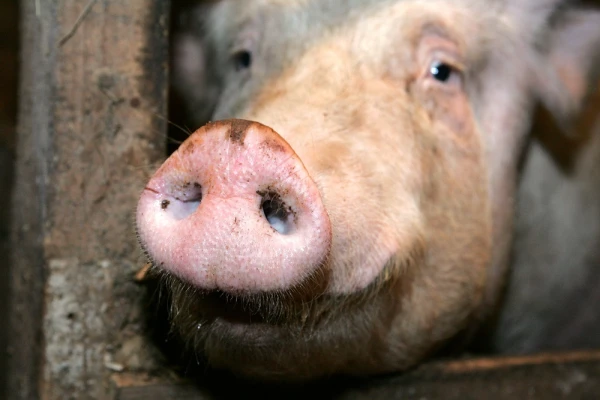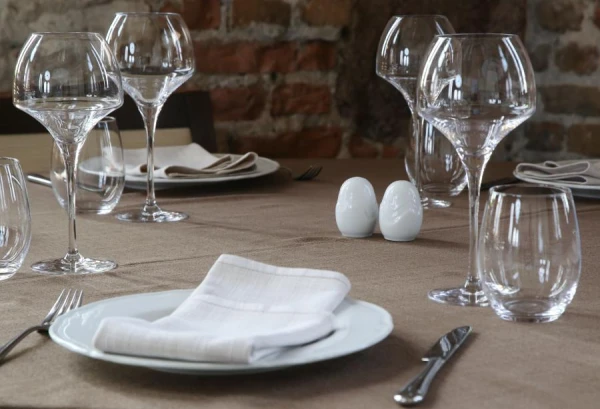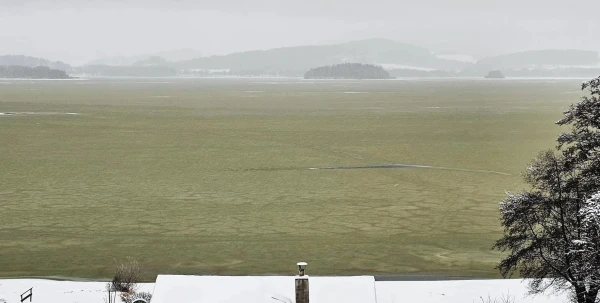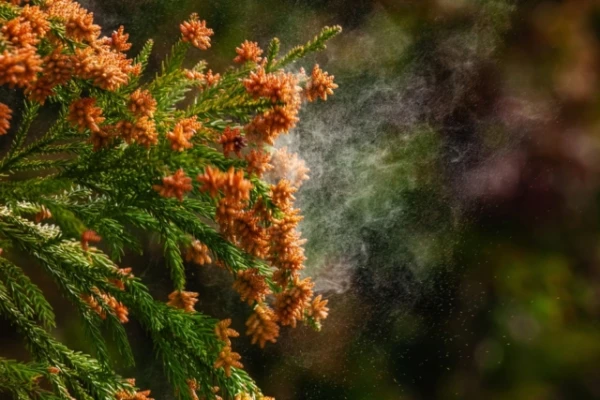
Originally, this was a dish of the local aristocracy.
Agricultural market analyst at Pekao S.A., Grzegorz Rykaczewski, states that Poland is a leading European producer of potatoes:
"Most consumers associate potatoes with fresh vegetables sold in stores and markets. However, processed products play an equally important, if not more important role, and one of the most significant processed products is French fries and other frozen products."
Grzegorz Rykaczewski notes that processed potato products bring significantly greater profits. The expert pointed out that about 30% of Polish potatoes are processed.
Poland also produces a large quantity of chips. According to experts, up to one-fifth of chips in the European market are produced in Poland.
The history of potatoes in Poland spans over 300 years, but its modern name — "ziemniak" ("earthling") — was not established immediately. Perhaps no other product can boast such a variety of names — literary, dialectal, regional: "pyrki," "pyry," "grule," even "rzepa" (turnip). The word "ziemniak" was finally solidified only in the 20th century. Many books from the 19th century feature the word "kartofel" (potato).
Although the spread of potatoes is associated with the personality of King Jan III Sobieski (during the Battle of Vienna, he was supposed to send a sack of potatoes to Queen Marysieńka), few remember the Wilanów gardener Paweł Węczarek. He planted the exotic tuberous plant near the royal palace, and his son-in-law Jan Luba popularized the custom of planting potatoes in Warsaw during the reign of King Augustus the Strong. History states that he was tasked with transporting potatoes from Saxony for planting. The king requested a bowl of fried potatoes to be served with every dish daily. Experiments were also conducted in the gardens of magnate estates — although initially without much success; at that time, potato varieties resistant to cold climates were not known, and gardeners lacked experience in storing and cultivating potatoes.
Directories and calendars from the 18th century contain information about the gastronomic use of overseas potatoes and more. Naturalist priest Jan Krzysztof Kluk wrote in 1788 that potatoes could be dried in the sun, and in crushed form, they could be stored and used to prepare "gęstwa" (thick sauce) in broth or water with oil. In his understanding, potatoes were a useful and tasty dish, especially for people with stomach problems. Another way was a hot dish made from boiled and sliced potatoes with herring, served with broth or fish soup.















Leave a comment